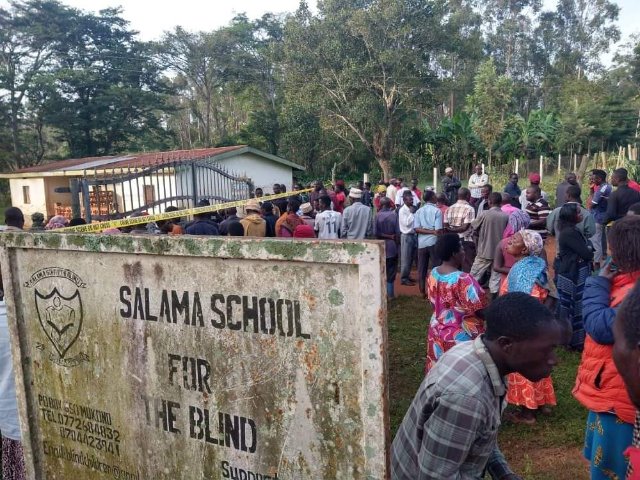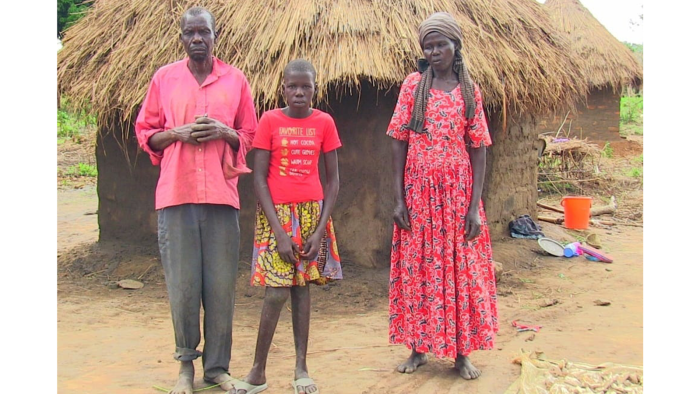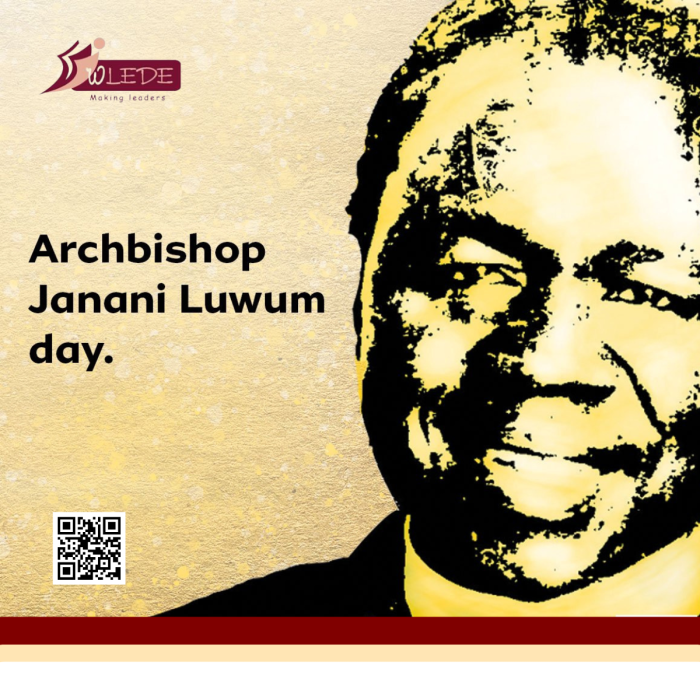
A haunting question lingers in the aftermath of the Salama School for the Blind fire tragedy that claimed the lives of 12 children in October 2022: did one of the victims foresee this catastrophic event? Two years after the incident, a chilling account from the deceased pupil’s family and friends has sparked debate and reflection.
A Premonition or Coincidence?
Before the tragic fire, the pupil had reportedly shared unsettling dreams and remarks hinting at an impending disaster. According to her family, she expressed fears of a tragic event at the school, describing vivid dreams of flames engulfing the dormitory. Though her warnings were not taken seriously at the time, they now stand as a grim reminder of the tragedy that unfolded.
The Tragedy at Salama
The fire at Salama School for the Blind exposed critical gaps in safety protocols at educational institutions for vulnerable children. With no functional emergency exits, limited staff presence, and inadequate fire preparedness measures, the school was ill-equipped to handle such a disaster. The tragedy underscored the urgent need for systemic reforms to ensure the safety of all children, particularly those with disabilities.
A Call for Accountability
The pupil’s purported foresight, whether coincidental or not, raises profound questions about institutional responsibility and community awareness. Were there warning signs that could have been addressed earlier? What measures have been put in place to prevent future tragedies?
Organizations such as Women Leadership Development (WLEDE) emphasize the importance of safeguarding children in all settings. WLEDE has been actively advocating for better safety standards in schools, especially for marginalized and vulnerable populations, such as children with disabilities.
Looking Forward
Two years after the tragedy, the memory of the 12 lost lives continues to spur action. Uganda’s Ministry of Education has since pledged to improve safety measures in all schools, including mandatory fire drills and inspections. However, survivors and families insist that more must be done to honor the memory of the victims and ensure no child faces a similar fate.
This tragedy serves as a powerful reminder of the importance of listening to children’s voices and addressing their concerns, no matter how improbable they may seem. It is a lesson in vigilance and the responsibility of institutions to protect the most vulnerable among us.
As Uganda remembers the Salama fire victims, it is crucial to transform this sorrow into meaningful action—ensuring that every child, regardless of ability, is safe and supported in their educational journey.
![Women Leadership Development [WLEDE]](https://wlede.org/wp-content/themes/kipya/images/logo-WLEDE.png
)





